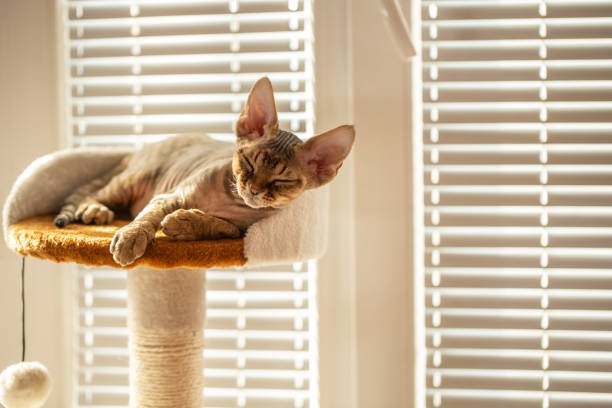Cat Litter and Feline Health: What Every Owner Needs To Know
Cat Litter and Feline Health: What Every Owner Needs To Know
Blog Article

Selecting the ideal cat litter for your feline good friend can be a challenging job provided the myriad of alternatives readily available on the marketplace. This comprehensive guide will explore the various kinds of cat litter, their advantages, disadvantages, and everything in between to help you make an informed choice.
The product of the cat litter plays an important role in its effectiveness. Common products consist of clay, silica gel, recycled paper, wood, corn, wheat, and walnut shells. Each material offers unique advantages and potential drawbacks.
Clay-based litters are the most traditional and widely utilized due to their high absorbency and clumping capabilities, which make clean-up simpler. However, they can be dirty and may not be the very best alternative for felines or people with respiratory concerns. Silica gel crystals are highly absorbent, control odors successfully, and are low maintenance since they do not need to be altered as often. Nonetheless, they can be more pricey and some cats may not like the texture. Eco-friendly litters, made from recycled paper, wood, corn, wheat, and walnut shells, are environmentally friendly options. They are usually dust-free and great for felines with allergies, however their odor control and clumping abilities vary extensively.
The choice in between clumping and non-clumping litter is considerable. Clumping litter forms strong masses when wet, making it easy to dig urine and feces, thus preserving a clean litter box. Non-clumping litter takes in moisture however does not form clumps, which might result in more regular changes of the whole litter box.
Odor control is a leading concern for many feline owners. Litters are often instilled with baking soda or charcoal to neutralize odors. Keeping a fresh litter box also needs regular scooping, preferably two times a day, and following the manufacturer's standards for changing the litter and cleaning package.
The health of your cat and the ecological effect of the litter are also essential factors. Dust-free or low-dust choices are much better for respiratory health. Naturally degradable litters use an environmentally friendly option to clay, which is strip-mined and not renewable. Furthermore, it's vital to be knowledgeable about any allergic reactions your feline may have to particular Corn Cat Litter materials.
Cost is a vital factor to consider, as the price of cat litter can differ substantially. While silica gel and some biodegradable litters may be more costly in advance, their longevity can offer cost savings in the long run. Conversely, clay litter is frequently less expensive however needs more Recycled Paper Cat Litter frequent replacement.
Ultimately, the finest cat litter is one that matches both your and your feline's preferences and needs. It may take some experimentation to discover the best match. Pay attention to your feline's habits and convenience, as well as the litter's performance in terms of odor control, absorbency, and upkeep.
Picking the ideal cat litter contributes significantly to your cat's health, happiness, and the cleanliness of your home. By considering the material, clumping ability, odor control, health impacts, environmental impacts, and expense, you can make an educated choice that benefits both you and your furry buddy. Keep in mind, what works best for one cat may not suit Corn Cat Litter another, so be willing to experiment until you find the ideal solution.